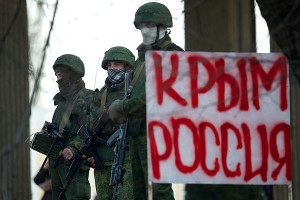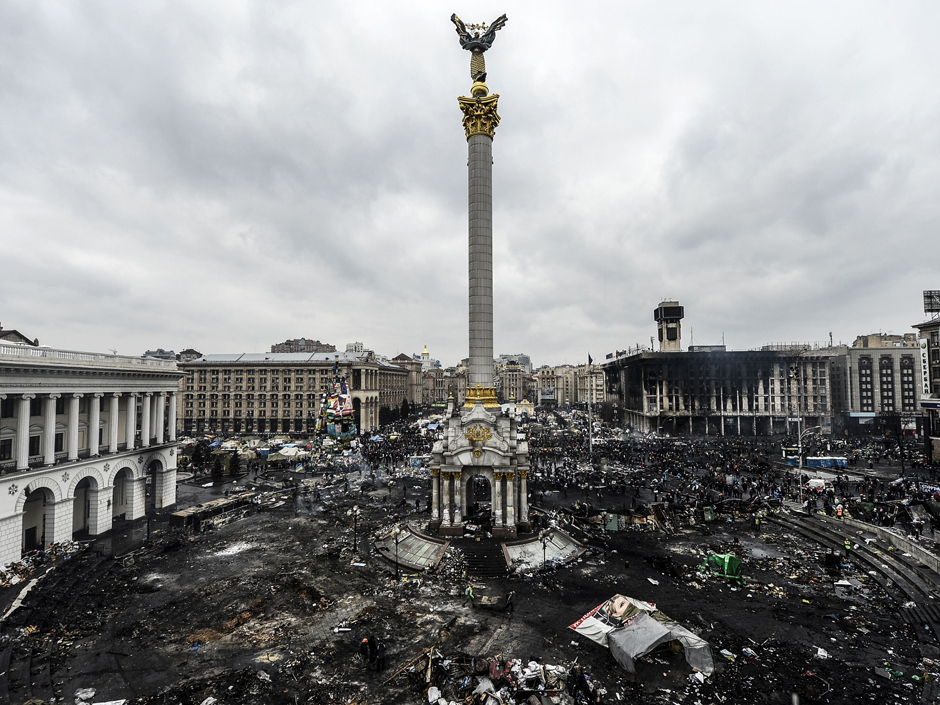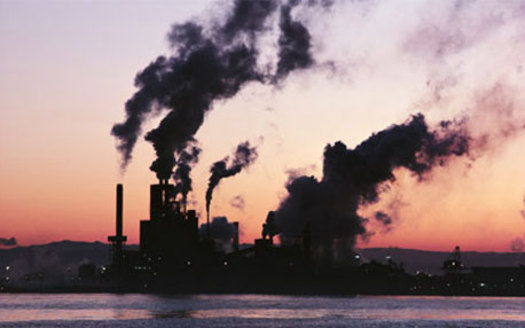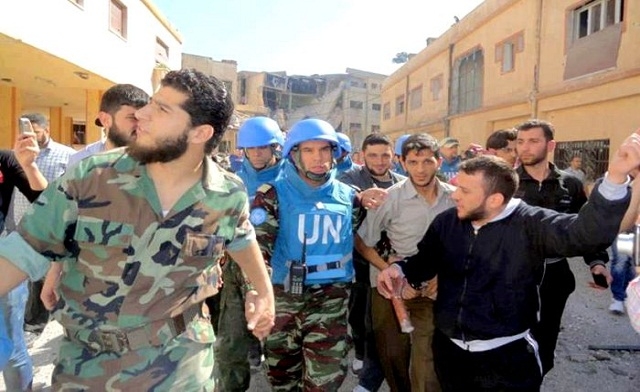An autocrat has been toppled. Nearly one hundred people have lost their lives. An empty palace has been stormed – its scandalous opulence exposed. The one-time revolutionary figure and controversial former Prime Minister Yuliya Tymoshenko has been released from her politically motivated confinement to address the people in Independence Square. All the while, the country remains politically divided and economically crippled following weeks of turmoil.
On March 1, the Russian government unanimously approved the deployment of troops to Crimea.
 The incredible events this past week in Ukraine have been nothing less than revolutionary. Yet, many commentators have highlighted that applying such a label to the developments may obscure the great challenges facing Ukraine following the ousted Viktor Yanukovych. To complicate matters, officials from both Russia and the United States have made statements indicating their fundamentally divergent visions of Ukraine’s future.
The incredible events this past week in Ukraine have been nothing less than revolutionary. Yet, many commentators have highlighted that applying such a label to the developments may obscure the great challenges facing Ukraine following the ousted Viktor Yanukovych. To complicate matters, officials from both Russia and the United States have made statements indicating their fundamentally divergent visions of Ukraine’s future.
Considering Russia’s intertwined history with the post-Soviet republic and muscular responses when other states that have drifted from its orbit, the strong statements from the White House warning against intervention are not surprising.
A common theme that has dominated the discourse between the West and Russia over the months-long protests in Ukraine has been that of ‘interference’ in the state’s affairs. Russian officials have blamed much of the violence on Western-sponsored, radical protesters. Despite the mutual recriminations, it is fair to say that officials on both sides view the Ukrainian crisis through the lens of geopolitical self-interest. The important question is, “whose self-interest aligns with that of Ukraine?” The way in which one answers that question rests on the issue of economics. Ukraine’s gas dependency and its role as a transit state make it subservient to the will of its oligarchs, not to mention a crucial asset to Russia.
Many all-too-familiar obstacles ahead:
Below, I list some of obstacles, new and old, that plague Ukraine’s road to political stability and economic viability.
1) What political leadership?
One of the most intriguing questions that have emerged since the events of February 22 has been “who will emerge as a viable leader of Ukraine in the lead up to the May 25 elections?” Yuliya Tymoshenko’s tenure as Prime Minister had many questioning whether she was a legitimate reformer or a corrupt oligarch in revolutionary garb. On Saturday, February 22, her speech on Independence Square came off as more of a campaign kick-starter, which left an uneasy feeling among those who just a few years ago were disillusioned with her conduct during her time in office.
Among the other contenders are the boxer-turned-politician, Vladimir Klitschko, the leader of the far-right Svoboda (“Freedom”) party, Oleh Tyhnyabok, and Tymoshenko allies from the Batkivshchyna (“Fatherland”) party, Arseniy Yatsenyuk and current acting president, Oleksandr Turchynov. Tymoshenko herself may very well look to make a political comeback, though critics have pointed out that her “hands are dirty.”
2) Widespread corruption and an economy in shambles
Corruption and cronyism are characteristic of Ukraine’s political and business elites. The story of Ukraine’s economic woes and political quagmire goes back to the days of the disintegration of the Soviet Union. At the time, the post-communist states each embarked on their own paths from command economy to free market capitalism. Some countries were more successful than others, with Ukraine falling into the unfortunate camp of states where communist elites exploited their party connections and political clout to take control over newly privatized assets at the expense of the vast majority of Ukrainians.
In a 2013 Transparency International report corruption perception index, findings indicated that Ukraine came 144th out of 177 countries. Additionally, in a 2010 ‘Control of Corruption’ study, Ukraine was ranked in the bottom 20th percentile of countries surveyed. Ukraine’s ‘Catch-22’ is that the dismal economy will only serve to exacerbate political instability, but necessary economic reforms will only come with competent political leadership.
3) Marked Societal Cleavages
Media coverage on the Euromaidan protests and ongoing political crisis has been replete with references to Ukraine’s marked division between East and West, Ukrainian and Russian, and pro-European and pro-Russian camps. Indeed, these divisions are keys to understanding the political fault lines that define the country.
The deep societal cleavages are rooted in Ukraine’s complex history of competing political traditions, economic patterns, culture influences, and linguistic multiplicity. Christian Caryl of Foreign Policy Magazine astutely notes that Ukraine needs to develop an institutional framework that can better accommodate the political diversity of the country. Amidst the turmoil and head-spinning speed of developments, one fact will remain constant for the foreseeable future – Ukraine is a profoundly divided country.
4) Ukraine as post-Cold War geopolitical contest
Immediately following the events of February 22, the Obama administration warned Putin not to overreact to the developments in the former Soviet republic. US officials argue that the events of February 22 represent the legitimate will of ‘the Ukrainian people,’ along with the interests of the United States and the European Union.
But where does this leave Russia? Putin remained ominously silent on the matter, letting his thoughts transmit via his ministers until he made a request to the Federation Council to authorize troop deployments to Crimea. This move has caused Kyiv to place Ukrainian forces on the highest level of alert. The two states stand precariously close to the brink of war following what US Secretary of State Kerry deemed “an incredible act of aggression” and a nineteenth-century style conflict in the twenty-first century.
The echoes of the Cold War resound ominously in the territories of the former Soviet Union. Putin will not relinquish the historic control Russia has exerted over its neighbour, and if the case of Georgia is to serve as any indication, Putin will robustly defend post-Soviet space and the “near abroad”. Ultimately, Ukraine is crucial to Russia’s geo-strategic concept, and the coming days will prove just how serious Putin is in preserving his country’s influence in the region.




